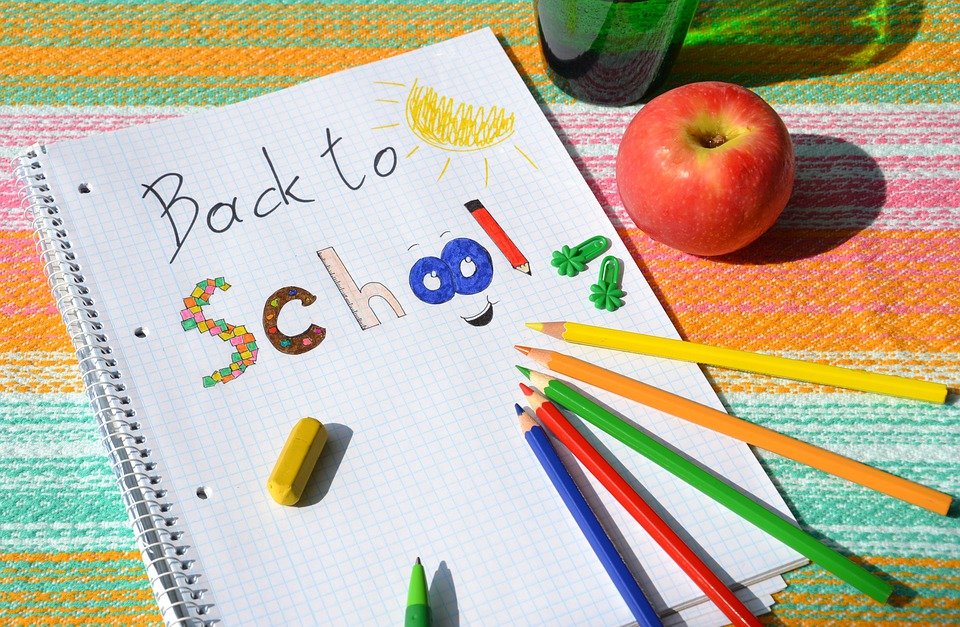School, Play and Learning: Where are we going, post-pandemic?
In this guest post, Pam Jarvis reflects on parents' and children's experiences of school closures and home schooling, asking what may change post-pandemic.

During the early hours of the morning on 16th April 2020, I asked Twitter a question about perceived effects of extended time at home upon children. I’d been pondering this during the first lockdown period, and I was taken completely by surprise by huge response generated.
Parents overwhelmingly replied that their children were happier at home than at school, and some further commented that they were worried that their children would be reluctant to return. The responses I received to my tweet offered me the unexpected chance to gather some opportunistic qualitative data on the benefits of lockdown to children in secure families, and much of it related to the chance to undertake play-based learning:
‘My 10 year old is in the garden recreating Van Gogh’s blossom painting after seeing the blossom illuminated against a brilliant blue twilight sky. All her activity has been driven by her.’
‘My 14 year old is loving learning from home. He gets up and does his school work. He started a dog treat business while in quarantine and is building me a bookshelf. He’s never enjoyed school but he does love learning.’
Some parents also went on to reflect quite deeply (to quite a remarkable extent in only 280 characters):
‘A slower pace of life and more opportunity to play and make up games at home.’
‘Freedom…[has been given] to children to learn in secure relationships and in an unhurried way..’
‘Because [the children] are free. They aren't told every second of the day what to do…. It's a beautiful thing when we have kids engaged with what they want to learn.’
‘Broader, deeper enjoyable learning & finding real interests & passions.’
Some expressed fears for what would happen when things returned to normal
'My son is much happier and dreads the thought of, as he put it, “going back into captivity” once schools reopen. He is… more motivated than I’ve ever seen him.'
‘It’s quite simple... the education system is broken and draconian... kids really not meant to learn the way they teach... quite often schools put out their fire.’
A parent/teacher commented: ‘more secure learning with real fluency/security. More arts, play, outside, talking & real-world work. Less formal testing- we assess all day everyday- all about knowing your children. [We]… need to be brave/empowered to do it.'
Some parents were very candid in saying what they hoped would happen in future:
‘Education should be about fun and caring. In my experience it's become about results, neat books and off rolling… Education needs a massive rethink.’
In October 2020, Schools Week reported a sharp increase in parents withdrawing their children for home schooling. Ministers and the OFSTED Chief Inspector expressed their concerns. But might this exodus be difficult to halt? Home schooling has been more prolific in the US for some time, and over summer 2020, families started to band together, creating ‘pods’ to employ tutors.
Where this situation will end remains to be seen. We’re still in the middle of a pandemic, and perhaps this may be a temporary effect. But several of my respondents didn’t seem to think so.
‘I think a lot of families will continue to educate at home after this if they are able to, realizing the many positives.’
So, if most of the positives boil down to opportunities to play and learn, will schools respond; become more flexible in this respect? One thing that seems certain is public attitudes to teaching and learning will have significantly changed when the current pandemic draws to a close.
-
Dr Pam Jarvis is an author, chartered psychologist, historian, researcher and grandparent. Originally from London, but based in Leeds since 1986, she taught and researched human psychology and child development across community education, schools, colleges and universities between 1994 and 2019, publishing many academic articles, books and chapters, including the best sellers 'Perspectives on Play’ and ‘Early Years Pioneers.’ She is currently researching, writing and contributing to practitioner training initiatives, and has recently published her first novel entitled ‘On Time.’
Twitter: @dr_pam_jarvis
Blogsite: https://histpsych.blogspot.com/



